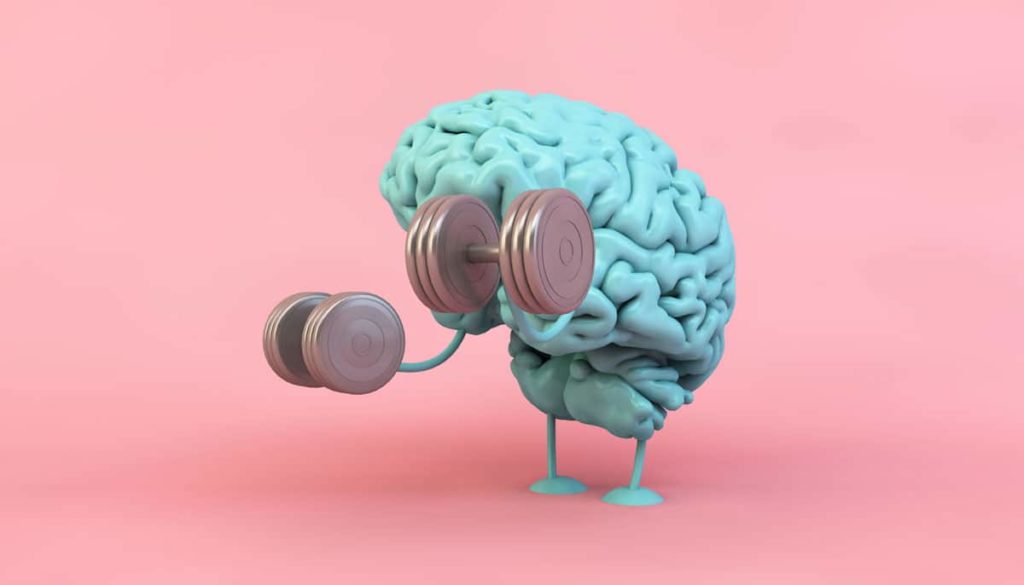If there’s one organ in your body that you should work to protect, it’s your brain. Medical science has achieved organ transplants or substitutions for every other major organ, but your brain is irreplaceable. From your ability to speak to your fundamental personality, your brain is you.
Unfortunately, brain injuries aren’t rare. The number of traumatic brain injuries (TBIs) in the United States is increasing in the US and has since 2006. In 2014 alone, there were about 2.87 million TBI injuries that led to ER visits in this country. Unfortunately, these injuries also led to more than 56,800 deaths.
TBIs are why the Dana Alliance for Brain Initiatives (DANA) founded Brain Awareness Week. From March 15th to the 21st of this year, Brain Awareness Week is all about learning how the brain works and how to keep it healthy.
While you may not be able to help advance brain health research, you can learn more about protecting your own head. There are plenty of risks you face daily that can lead to TBIs. Here are the most common causes of injury, and some steps you can take to avoid them.
Car Accidents
One of the most dangerous things that you probably do daily is getting in a vehicle. Car accidents are the leading cause of death for Americans between the ages of one and thirty-four and the single most common cause of any long-term disability. Vehicle accidents cause 20% of all TBIs annually.
However, it’s almost impossible to cut cars out of your life entirely. Many people find cars necessary for their commute, and even if you can walk to work, you’re still probably walking near traffic. The best you can do to protect your head is to mitigate the risks you take by:
- Never drink and drive
- Never drive distracted, including using your phone or texting
- Never drive tired, so you stay alert and ready to avoid accidents
- Drive defensively
- In bad weather, drive more slowly and use your flashers
- Never get in the car with a driver who’s drowsy, distracted, or drunk
Bike and Motorcycle Accidents
While bikes and motorcycles may be better for the environment and easier to use in crowded cities, they’re also dangerous for your head. These two-wheeled transports are so prone to causing deadly head injuries that California and many other states have instituted mandatory helmet laws.
Why are bikes of all types so risky? Because there’s nothing between your head and the ground if you get in an accident. Unless you’re wearing a helmet, it’s too easy for even a minor accident to lead to a concussion or worse. Take kids, for example. One in seven children will face head injuries from biking, but just wearing a helmet could prevent up to 45,000 child head injuries annually.
Wearing your helmet and making sure your kids do too are the most significant things you can do to prevent a bike-related TBI. You can also avoid biking near traffic, wear brightly-colored clothing, and make sure your bike’s reflectors are clearly visible.
Slip and Fall Accidents
While vehicle accidents are common, they don’t compare to the sheer number of TBIs caused by falls. 48% of all TBIs are caused by falling and hitting the head on the ground or a nearby object. For adults older than 65, that rate skyrockets to 81%.
There are a few common causes of slip and fall accidents and head injuries. Dangerous terrain is a common problem, with slippery floors or unmarked steps causing many falls annually. Unsecured floor mats and loose cables can also cause people to trip.
In public spaces, keeping floors and walkways clear of these dangers is the responsibility of either the city or the person in charge of the location; if they don’t reasonably maintain the area, they may be negligent.
It’s hard to avoid slips, trips, and falls entirely. If you know that you have poor balance or that weather conditions have made things slippery, make sure you pay attention to where you step to minimize your potential risks. You should also watch for posted signs in the area, such as “wet floor” or “no running” signs that warn you when conditions are dangerous.
Sports Injuries
Finally, sports injuries are one of the most common causes of TBIs for active people. 10% of all TBIs in the US result from sports and rec activities, and young adults and children see rates up to 21%. Contact and non-contact sports alike can lead to TBIs, but sports like football and other high-speed contact sports are more likely to lead to severe injuries.
The risk of TBIs is why certain sports like football, wrestling, and even horse-riding require helmets as a part of the activity. However, sports injuries can also lead to concussions and TBIs from “rebound” or whiplash effects, which helmets can’t protect against.
Avoiding a sports-related TBI isn’t always simple. Playing any sport has some inherent risks, and high-contact and high-impact sports are particularly dangerous. If you want to participate in these activities, make sure you always follow safety rules for the sport. You should also take more care if you’ve already had one brain injury because receiving a second concussion before the first injury has healed can be fatal.
Take Care of Your Brain
Your brain is the most important part of your body, and you should work to take care of it. Following safety guidelines, wearing a helmet when appropriate, and knowing the risks of your chosen activities can keep you safer.
Of course, you can only do so much to protect yourself. Sometimes, you’ll do everything right, and someone else’s negligence will still cause you to suffer a TBI. If you’re working to recover from a head injury that someone else caused, don’t hesitate to get legal help. Reach out to an experienced TBI lawyer to discuss your case. They can help you understand your options and get the treatment you need to return to a normal, healthy life.





